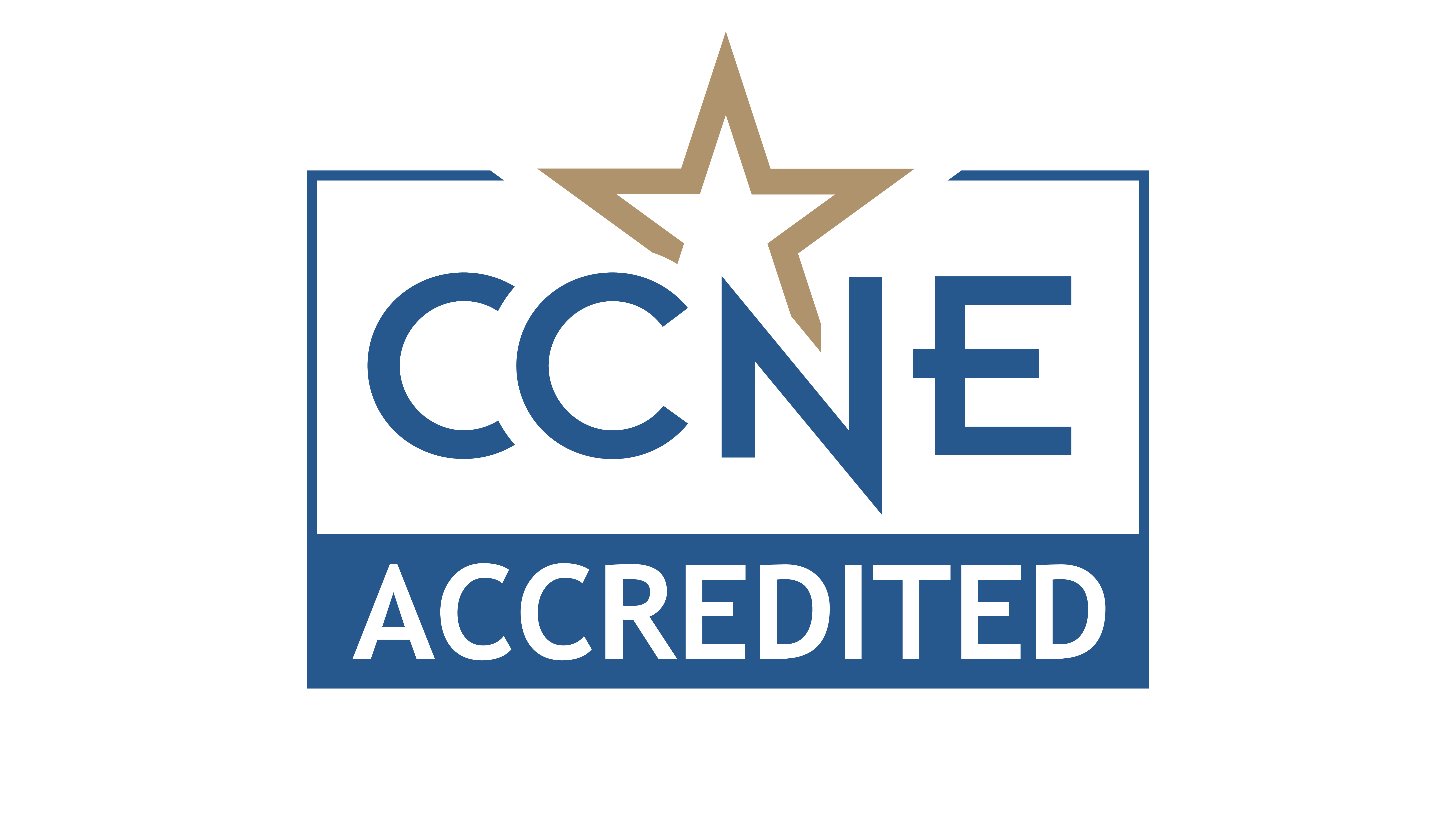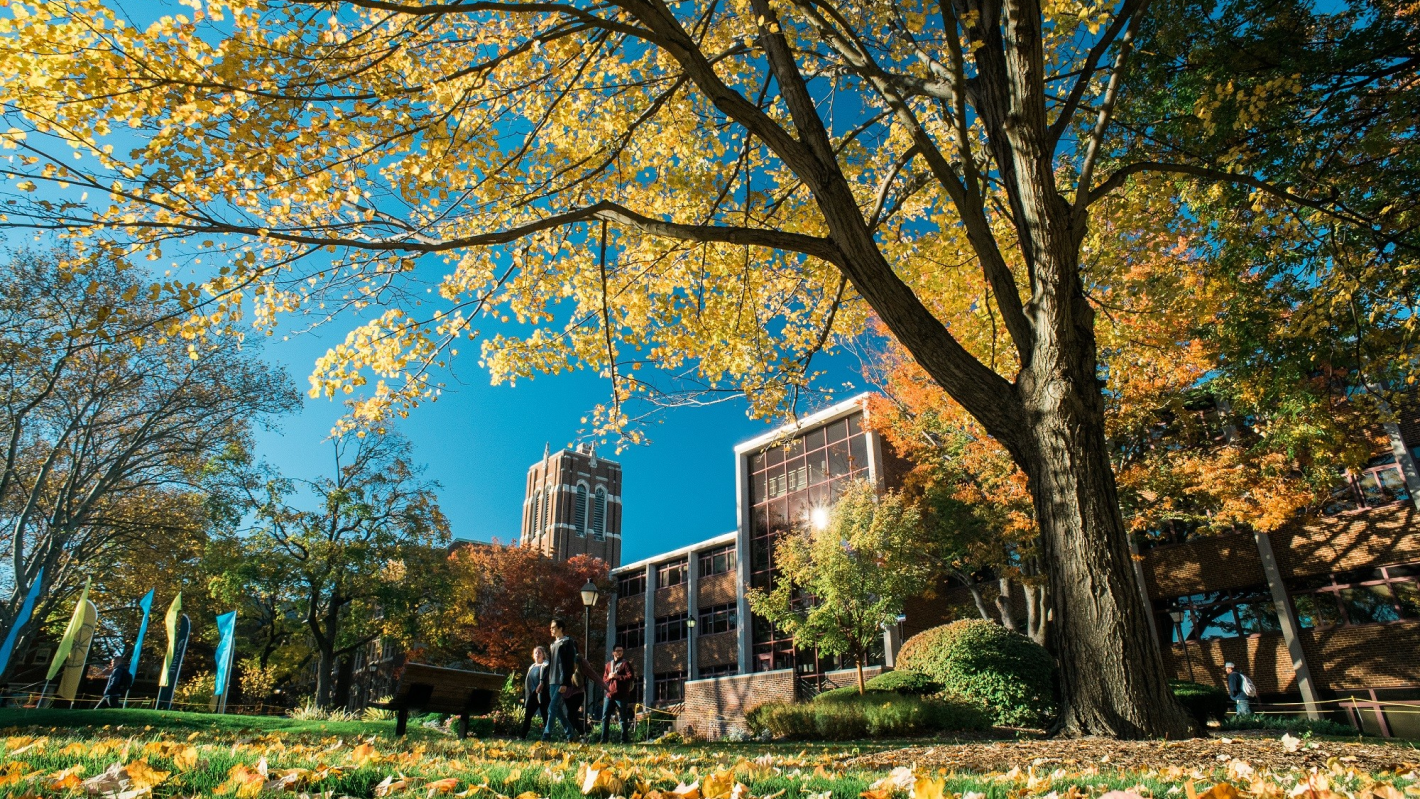La Salle University
RN-BSN to MSN Program
- Accelerated Bachelor's/Master's, Adult/Evening Undergraduate
- On Campus
What You’ll learn
La Salle’s R.N. – BSN to MSN Program is designed for the registered nurse who is committed to pursuing a Master of Science degree in Nursing. By providing scientifically based nursing curricula with a commitment to excellence in practice, service, life-long learning, and scholarship, students in this accelerated program will become leaders in the nursing field.
Students who graduate from the R.N.-BSN to MSN program utilize an evidence-based practice and professional standards of care to promote health, prevent disease, and improve the health status of individuals, families, groups, communities, and populations.
Why Study Nursing at La Salle?
This program accelerates students through the R.N.-BSN Program by permitting enrollment in selected graduate-level courses while completing the BSN. Students become educated professionals and prepare as leaders in practice, service, scholarship, and education, contributing to the advancement of the health and well-being of communities. Serving as a bridge between the R.N.-BSN and the MSN degrees, students will graduate from the program prepared to enter the professional nursing field.
Highlighted Courses
NUR 408 – Nursing Research
This course stimulates a refinement and appreciation of the potential of the research process in the development of nursing, client, and health-care systems. This course emphasizes the research approach in nursing and the necessity for theory-based and evidence-based practice. Problem identification, literature review, hypothesis formulation, research design, sampling, data collection, and analysis will be explored.
NUR 410 – Evidence-Based Practice
This course focuses on theory and method in the problem-solving approach of care delivery, integrating personal clinical judgment, patient or client preference and values, and the best clinical evidence. Models of EBP are described and students develop a researchable question, search and appraise the literature, and integrate the findings into a plan of care based on patient/client preferences and values. Evaluation of the process and dissemination of conclusions are presented.
NUR 418 – Nursing Leadership, Management, and Organizational Dynamics
Students explore the political, organizational, social, cultural, and economic factors affecting nursing practice. Acute care, long-term care, and community-based settings are examined regarding their organizational structures, health-care financing, and reimbursement challengers. Budgeting principles are analyzed with an emphasis on creating a budget on a spreadsheet for a program of nursing services. Clinical data repositories and interdisciplinary efforts are scrutinized within the context of patient-centered, safe care, and process improvement initiatives.
Meet the Faculty
The Nursing faculty encourages our students to Explore, Experience, and Excel in a teaching-learning environment that fosters scholarship, collegiality, respect, and collaboration among learners and teachers. We focus on the care of vulnerable populations and respect the humanity of the people that we serve.
Career Opportunities
The program has established strong ties with several senior centers, adult day care centers, hospitals, and other health care facilities within Philadelphia and the surrounding areas (including Montgomery, Bucks, and Delaware Counties as well as New Jersey). Clinical experiences associated with coursework may be assigned at institutions such as
- Abington Memorial Hospital
- Albert Einstein Medical Center
- Belmont Center for Comprehensive Care
- Bryn Mawr Rehab
- Children’s Hospital of Philadelphia (CHOP)
- Christopher’s Hospital for Children
- Cooper Medical Center
- Doylestown Hospital
- Friends Hospital
- Shriner’s Hospital for Children
- Holy Redeemer Hospital and Medical Center
- Jefferson Health
- Thomas Jefferson University Hospital,
- Lankenau Hospital
- Paoli Hospital
- Presbyterian Medical Center
- Mary Medical Center
- Temple University Hospital
- Various public, parochial, and private schools in Philadelphia and the surrounding counties.
Accreditation
La Salle’s BSN, MSN, DNP and APRN post-master’s certificate programs are fully accredited by the Commission on Collegiate Nursing Education (CCNE).

